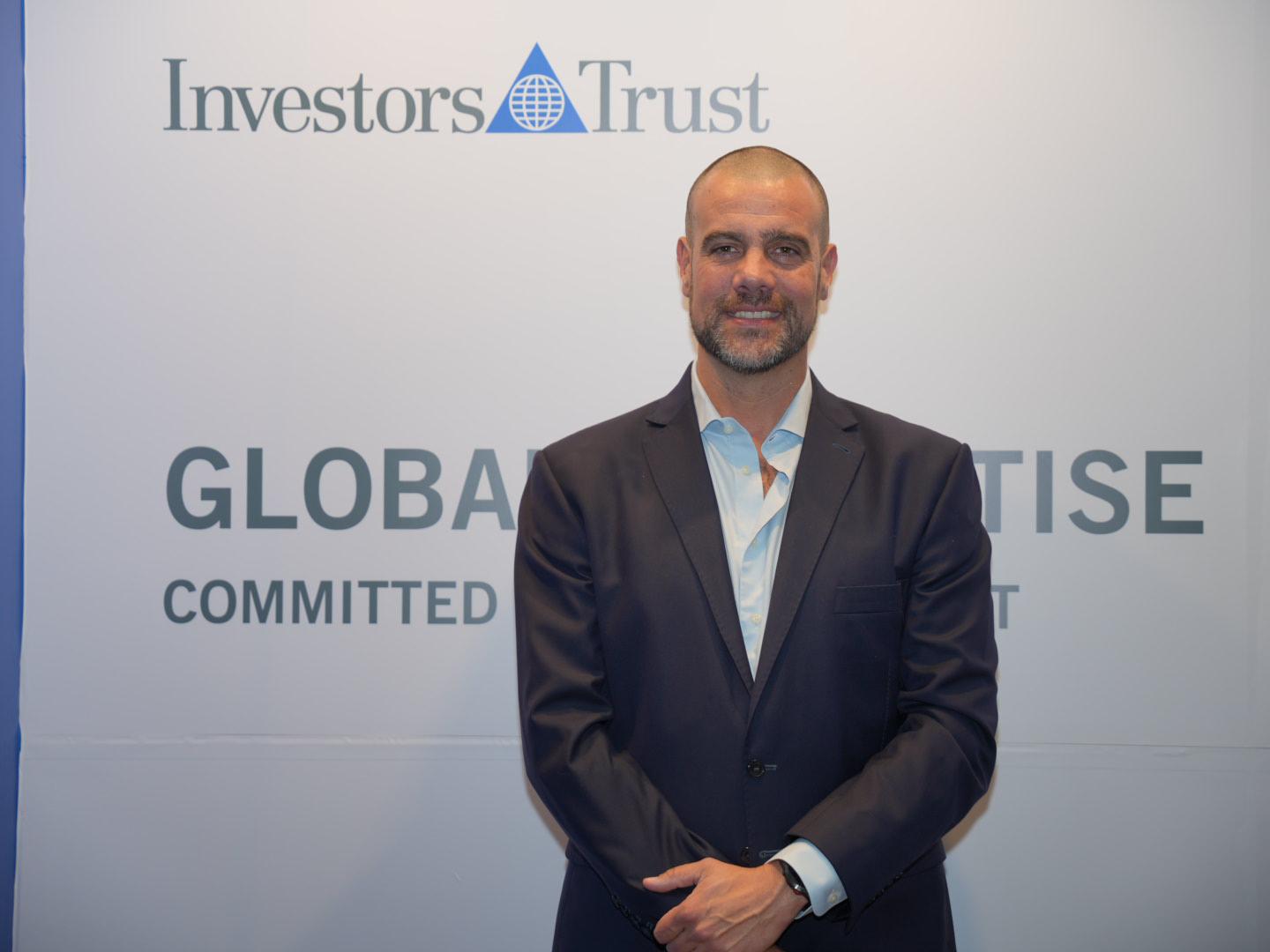Singapore's Ministry of Finance has imposed a significant 35% additional buyer's stamp duty (ADSB) on homes transferred into a trust where there's no identifiable beneficial owner in a move widely seen as a crackdown on ultra-high net worth individuals who use opaque structures.
It said in a statement that the ABSD of 35% will apply on any transfer of residential property into a living trust where the transfer occurs on or after 9 May 2022.
"Today, when a residential property is transferred into a living trust, Buyer's Stamp Duty (BSD) is payable. ABSD may also be payable, depending on the profile of the beneficial owner(s) of the residential property transferred into the trust.
"Where the living trust is structured such that there is no identifiable beneficial owner at the time when the residential property is transferred into the trust, ABSD currently does not apply."
The Ministry of Finance further stated that the ABSD will be payable even if there is no identifiable beneficial owner at the time the residential property is transferred into a trust.
"ABSD aims to promote a stable and sustainable residential property market, and as such, it should apply to transfers of residential properties into all living trusts, irrespective of whether there are identifiable beneficial owners of the residential properties transferred into such trusts."
ABSD is to be payable upfront, when the residential property is transferred into any living trust. As a concession, a trustee may apply to IRAS for a refund of ABSD (Trust), provided that the following conditions are met:
a) All beneficial owners of the residential property are identifiable individuals;
b) Beneficial ownership of the residential property has vested in all of these beneficial owners at the time of property transfer into the trust; and
c) The beneficial ownership cannot be varied or revoked, or be subject to any condition subsequent, under the terms of the trust.
"The refund amount will be based on the difference between the ABSD (Trust) rate of 35% and the ABSD rate corresponding to the profile of the beneficial owner with the highest applicable ABSD rate."
The application for the refund must be made to IRAS within six months after the instrument is executed.










